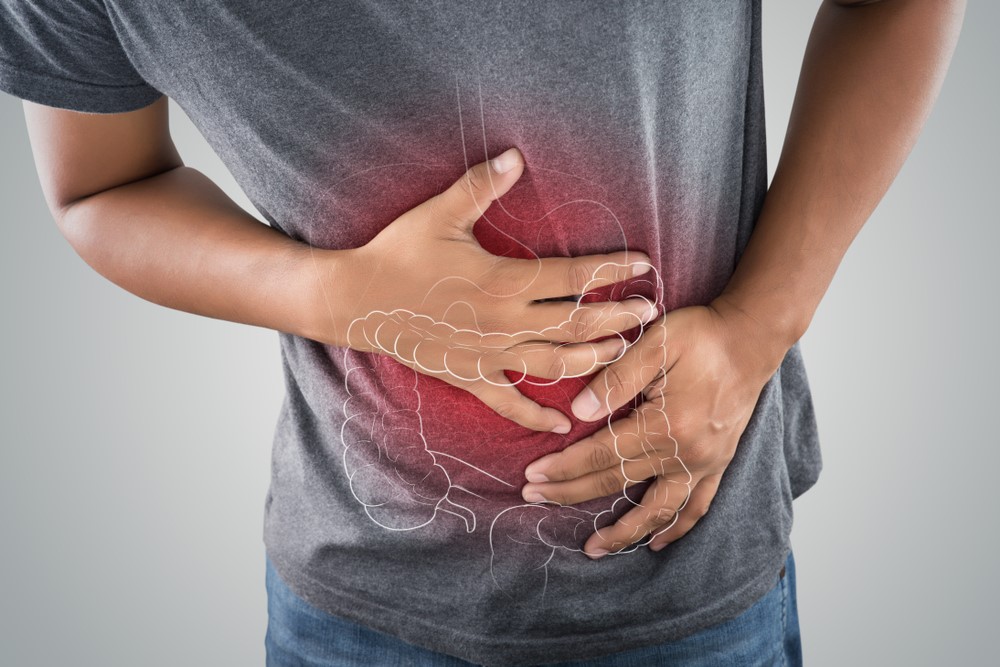
Symptoms Of Colon Cancer

Symptoms of Colon Cancer
Colon cancer is a type of cancer that affects the colon, which is the longest part of the large intestine. It is the third most common type of cancer worldwide and can be life-threatening if left untreated. Understanding the symptoms of colon cancer is crucial in detecting the disease early and seeking appropriate medical care.
Common Symptoms
Some common symptoms of colon cancer include changes in bowel habits that last for more than a few days. These changes can include diarrhea or constipation, feeling like your bowel doesn't empty completely, or a feeling of incomplete evacuation. Additionally, blood in the stool, which can appear as bright red or dark and tar-like, may also be a sign of colon cancer. Other symptoms include abdominal discomfort or cramping, unexplained weight loss, fatigue or weakness, and iron deficiency anemia.
Less Common Symptoms
In some cases, colon cancer may cause less common symptoms, such as rectal bleeding, abdominal pain, bloating or gas, difficulty swallowing, jaundice, and back pain. It's important to note that these symptoms may also be caused by other conditions, which is why it's essential to get a proper diagnosis from a medical professional.
When to See a Doctor
If you experience any of the symptoms mentioned above, it's important to see a doctor as soon as possible. While some of these symptoms may not necessarily indicate colon cancer, they may be a sign of other serious medical conditions that require prompt medical attention. The earlier colon cancer is detected, the better the chances of successful treatment and recovery.
It's especially crucial to get regular colon cancer screenings if you are over the age of 50 or have a family history of the disease. People with inflammatory bowel disease, such as Crohn's disease or ulcerative colitis, are also at higher risk of developing colon cancer and should get screened regularly.
Conclusion
Colon cancer is a serious and potentially life-threatening disease, but it can be treated successfully if detected early. Knowing the symptoms of colon cancer and seeking prompt medical attention can make all the difference in successful treatment and recovery. Remember to get regular screenings and take care of your health to stay on top of any potential health issues.